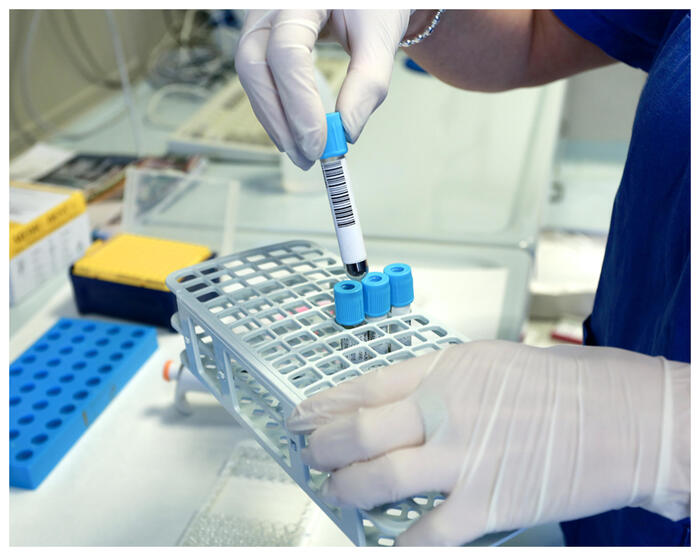Sanofi’s new second-generation anti-Cd40l antibody, with a unique mechanism of action, significantly reduced disease activity in a Phase 2 study of patients with relapsing multiple sclerosis (MS). After 12 weeks of frexalimab therapy, the number of new T1 gadolinium-enhancing lesions was reduced in the higher- and lower-dose treatment arms, according to new data, presented at the 2023 Consortium of Multiple Sclerosis Centers. to placebo, meeting the primary endpoint of the study.
In MS, there remains an unmet need for highly effective and well-tolerated treatment options that provide sustained control of disease activity and disability progression while minimizing risks. The first second-generation anti-Cd40l antibody to show efficacy in MS, frexalimab is believed to block the Cd40/Cd40l costomolatory cellular pathway required for the activation and function of adaptive (T and B cells) and innate (macrophage and dendritic cells), without lymphocyte depletion.
“Building on our 20 years of research and development in Multiple Sclerosis, we are committed to growing our robust pipeline of MS therapies by exploring multiple unique MOA treatment approaches that have the potential to slow or halt the disability, which remains today one of the major unmet medical needs in multiple sclerosis,” says Erik Wallström, global head of neurodevelopment, Sanofi, in a note. activation and function of both adaptive and innate immune cells, a pathway that is fundamental in the pathogenesis of MS – underlines Gavin Giovannoni, Chair of Neurology, Blizard Institute, Barts and The London School of Medicine and Dentistry, Queen Mary University of London – We are excited by the results obtained with frexalimab in just 3 months, demonstrating that CD40L inhibition rapidly controls disease activity without lymphocyte depletion.”
breaking latest news © Copyright ANSA

